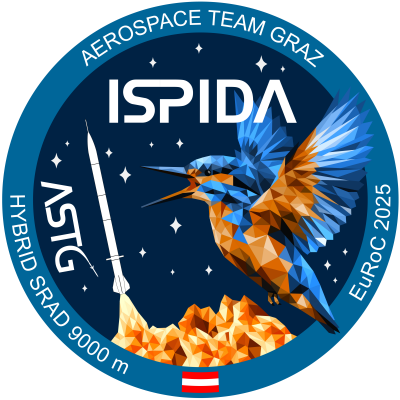
EuRoC 2025 Competition Rocket 🥇
ISPIDA is our first supersonic rocket to reach 9000m altitude. The active control hybrid engine won the EuRoC H9 Flight Award and by demonstrating flawless operations, we could once again secure the overall first place EuRoC Award.
Learn more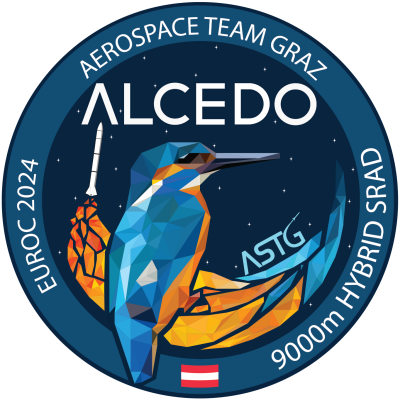
EuRoC 2024 Competition Rocket 🥈
ALCEDO is a pressurized N2O and HTPB rocket which competed in the EuRoC H9 category. It earned the Design Award, Technical Award, and the prestigious H9 Flight Award.
Learn more
Auroral Polarization EXplorer
APEX is a payload for REXUS, which is a sounding rocket that carries multiple student-build payloads up to an altitude of 80 km. The goal of APEX is to measure the polarization of the northern lights.
Learn more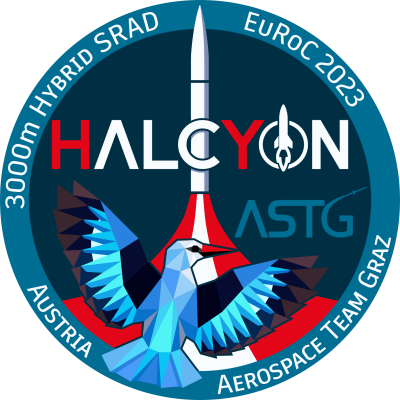
EuRoC 2023 Competition Rocket 🥇
HALCYON is our first hybrid rocket project, built to compete in the H3 category at the European Rocketry Challenge 2023. It was a great success for the team, bringing home not only the H3 Flight Award, but also the EuRoC Award for best overall performance.
Learn more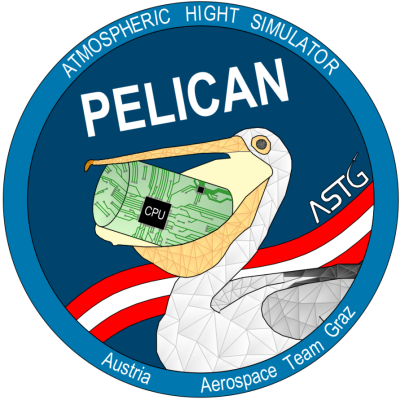
Barometric Flight Simulator
A controllable vacuum chamber that can enclose the rocket.
This bachelor thesis enables us to simulate rocket flights as realistically as possible.
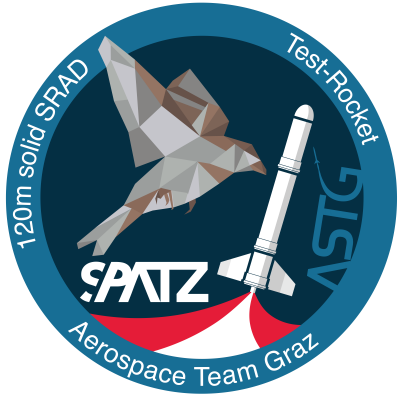
Low-cost Test Rocket
Developed as a bachelor thesis with the goal that the rocket can be adapted to test experimental systems. This helps to make more reliable and safe competiton rockets.
Learn more
Rocket Engine Testbed
PENGUIN is a modular and mobile testbed for our self-developed and researched propulsion systems. It was used for developing the booster for AVES, AVES II and for the development of a hybrid rocket engine. To verify our calculations, we use various sensors, such as pressure, temperature, and force.
Learn more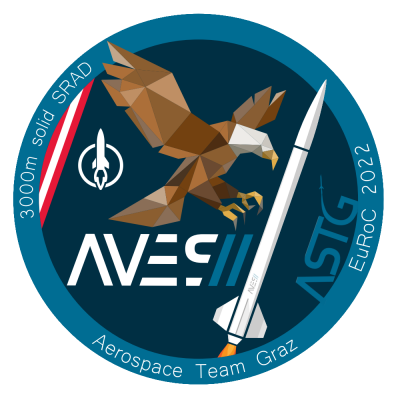
EuRoC 2022 Competition Rocket
AVES II was developed with learnings from its predecessor. It was launched at the European Rocketry Challenge 2022 in Portugal.
Its self-developed solid booster is capable of delivering three 1U CubeSats to a target apogee of 3km.
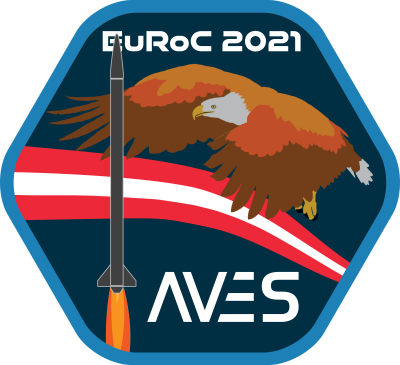
EuRoC 2021 Competition Rocket
AVES was launched at the European Rocketry Challenge 2021 in Portugal.
We used a self-developed solid booster to reach an apogee of 3km.

Project DODO is a prototype and the first rocket ASTG developed, the objective was to gain hands-on experience.
The project got cancelled, due to manufacturing delays and the time-sensitive schedule of the successor project AVES, which has to be ready for EuRoC 2021.
DODO never flew, just like the bird it got named after. Nevertheless, the experience the team gained through the development was essential for AVES.